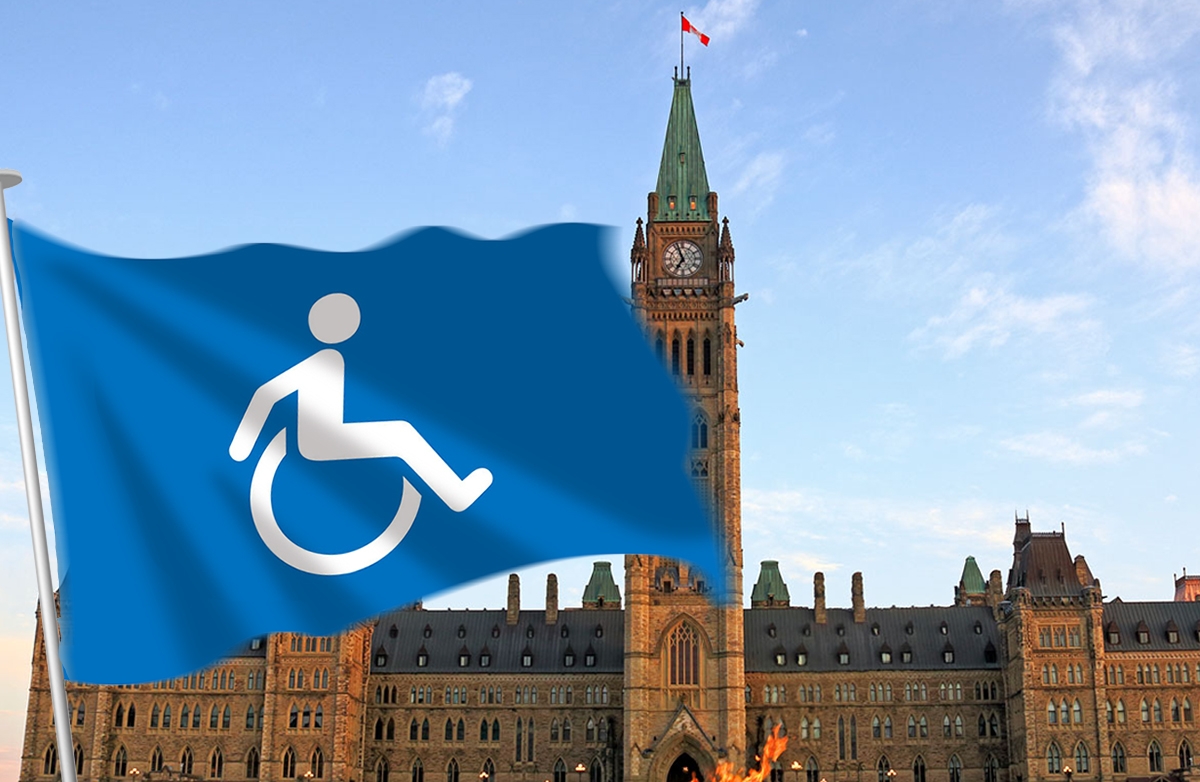
It’s time to unify the disability movement
By Al Etmanski and Kathleen O’Grady
There needs to be a political price for neglecting persons with disabilities
The one-time $600 federal payment to cover the extraordinary COVID-19 expenses incurred by Canadians with disabilities finally received Royal Assent – but it’s too little, too late and reaches too few.
The $600 is nowhere near the extra monthly costs many people with disabilities have incurred during the pandemic. It comes four months after most other Canadians have received support and well after the country has emerged from lockdown. And it leaves around 60 per cent of Canadians with disabilities behind. Payments will also not be issued until the fall.
The stars were aligned to prevent this from happening, so what went wrong?
We had a federal government doing whatever it took to financially support Canadians during the pandemic; a smart, capable senior Minister of Disability Inclusion, Carla Qualtrough, with impeccable disability credentials; and a strong COVID-disability advisory group of seasoned advocates.
No stone was left unturned by individuals, families and organizations to document the extent of the need. Academics offered research, statistics and analysis.
Still, week after week, as every other vulnerable group of Canadians was acknowledged and supported, the largest minority group in the country was put on hold.
What caused this negligence?
Some will say the federal government has no mechanism to reach Canadians with disabilities who are poor, that it is a provincial-territorial responsibility. They will correctly point to the lack of politicians and senior public servants with personal experience with disability. They will blame it on political shenanigans.
They will rightly note the absence of a COVID-19 Disability Emergency Plan. By contrast, a few weeks into the pandemic, Australia’s operational plan for persons with disabilities was being implemented.
But these are all symptoms of something much deeper: systemic disability discrimination.
Baked into the apparatus of our government institutions is the belief that disabled people are unworthy — at best, citizens with an asterisk. This leads to triage thinking; once we’ve taken care of everyone and everything else, we’ll offer you a little of what’s left. It also leads to the political miscalculation that the majority of Canadians don’t care how people with disabilities are treated.
This destructive mindset cannot be solved solely with more research, better data, stronger advocacy and a change in policy. It must be addressed on a scale similar to #MeToo, #BlackLivesMatter, Reconciliation and #IdleNoMore.
In addition to pushing for reforms like a national income supplement program for Canadians with disabilities, it’s time to borrow a page from these social movements.
To move forward on disability rights in Canada, we must, first, unify the disability movement.
Movements do three things that individuals, organizations, even coalitions can’t do on their own. They generate popular support. They shift the boundaries of what is socially acceptable. And they encourage political boldness.
The disability movement in Canada is not as united as it could be. Like all movements, ego, territoriality, overlapping mandates and competition for scarce resources cause unnecessary division. Grassroots voices are too often overshadowed by large agencies. Sometimes our strategies divide us.
In order to bring the full force of our social, political, moral, cultural and economic power to bear, the disability movement must reconcile differences and unite behind a common vision.
Secondly, the disability movement must also engage with the general public.
Brian Goldman, host of CBC’s White Coat Black Art, devoted one of his shows to a concern of people with disabilities — that they’re being forgotten. After the show was aired, he said, “The muted reaction to our show confirms that they're right.” The reality is that the general public is not engaged beyond the occasional feel good story or exposé of desperate living conditions.
The public doesn’t realize the extent of the neglect and indifference persons with disabilities face daily. When asked, the majority of Canadians support accessible and inclusive initiatives.
It’s time those affected by disability and their allies take their concerns and solutions directly to the public, do their own public opinion polling and connect to celebrities, authorities and personalities who can amplify the message to their constituencies and audiences.
Canadians with disabilities, their families and supporters may not yet be able to influence decisions in Cabinet or the Prime Minister’s Office. We can, however, create the conditions where there is a political price to pay for continued discrimination.
Al Etmanski is an Order of Canada recipient. His new book is called, The Power of Disability. He recently co-chaired the federal COVID-19 Disability Advisory Group.
Kathleen O’Grady is a Research Associate at the Simone de Beauvoir Institute, Concordia University and the CEO of QUOI Media Group Inc. You can follow her on Twitter at @kathleenogrady @quoimedia









